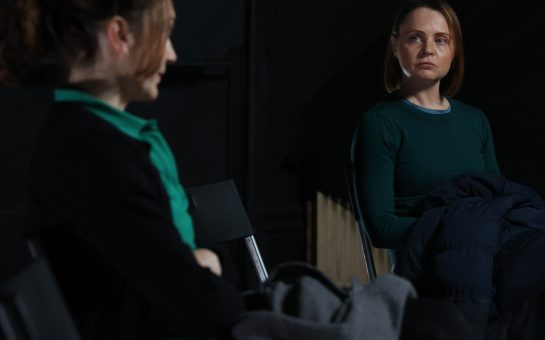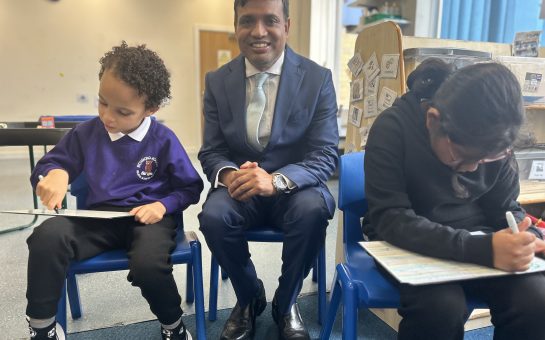The EU vote to introduce gender equality measures to ‘all levels’ of the education system will ‘amplify the representation of women’ in our social and political spheres for future generations, according to a North West MEP.
The non-legislative resolution – approved by the MEPs on Wednesday – calls for the end of gender stereotypes and to close the gap between women’s education and their professional development.
It also encourages more investment to ensure that everyone can benefit from high-quality public education and increased representation of women in male-dominated fields, as well as ‘holistic sex and relationship’ education.
Julie Ward MEP, who coordinated the Socialist and Democrats’ work on the Report for the Culture and Education committee, has enthusiastically welcomed the report.
She said: “It is increasingly important for Member States and the Commission to take action to promote sex and relationship education in order to reduce violence against women, prejudice, and objectification.
“Formal and informal education against gender stereotypes, and encouraging girls to enter areas traditionally dominated by men, such as science, technology and mathematics (STEM), will impact our society in the long-run, amplifying the representation of women in our social and political spheres.
“I believe strongly that fusing the arts with the STEM subjects, turning STEM to STEAM, is an important means of achieving that progress.”
The resolution that was approved by 408 votes to 236, considers ways in which gender stereotypes can be combatted, as they have implications which affect self-image and the decisions made by girls and boys through formal and informal education.
For example, EU member states are called to encourage girls and boys to take an equal interest in all subjects beyond what is conventionally perceived as a male or female subject, stressing the role of positive female role models in schools, universities and science.
As a result, the curriculum should include gender education, and school programmes and teaching materials should not contain discriminatory content, stereotypes or sexism.
Teachers are suggested to receive training on equality, and the curricula and educational materials should be critically reviewed to ensure consistency.
In addition, the resolution calls for the member states to consider making age-appropriate sex and relationship education compulsory in all primary and secondary school curricula, teaching boys and girls about relationships based on consent, respect and reciprocity.
Members are also urging for the inclusion of objective information on LGBTI issues in school curricula, in order to fight gender-based violence, discrimination, harassment, homophobia and transphobia in all forms, including cyber-bullying or online harassment.
A non-legislative resolution, while not binding on potential cultural and religious grounds, is a vote of confidence to set a precedent for – in this case – educational reform if member states wish to do so.
Image courtesy of Ilmicrofono Oggiono, with thanks.



